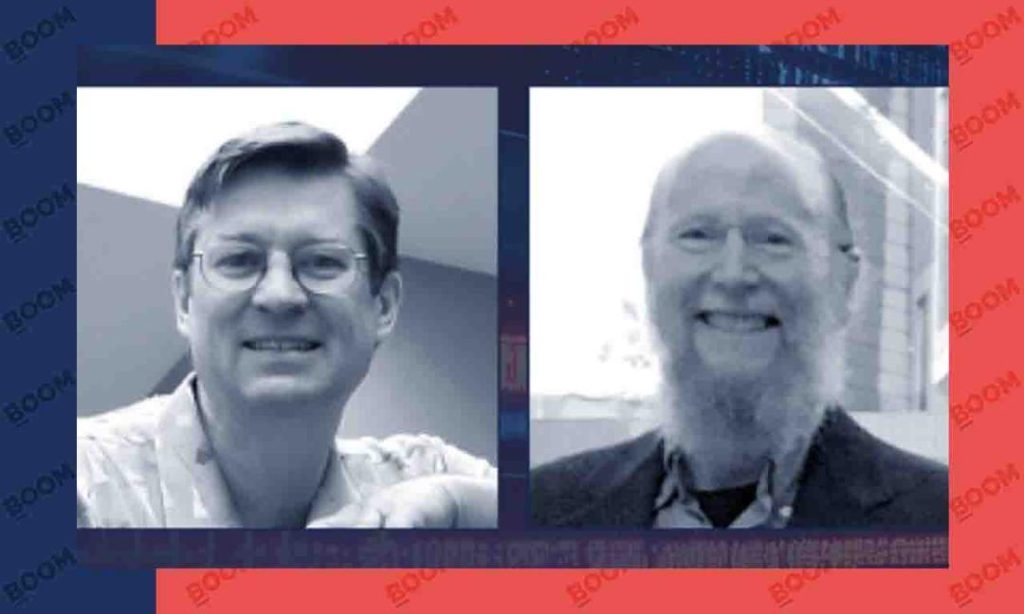
Barto & Sutton win 2024 Turing Award for AI Breakthroughs
The prestigious 2024 Turing Award, often referred to as the “Nobel Prize of computing,” has been awarded to two pioneers in the field of artificial intelligence (AI), Andrew Barto and Richard Sutton. Their groundbreaking work on reinforcement learning, a key technique enabling machines to learn from rewards, has had a profound impact on the development of modern AI.
For decades, Barto and Sutton have been at the forefront of machine learning and AI research, making significant contributions to the field that have far-reaching implications. Their work on temporal difference learning, in particular, has been instrumental in shaping the trajectory of AI research.
Reinforcement learning is a type of machine learning where an agent learns to make decisions by interacting with an environment and receiving rewards or penalties for its actions. This approach mimics how humans learn, where we often discover what works and what doesn’t through trial and error. Barto and Sutton’s work on temporal difference learning has enabled machines to learn from rewards and penalties, allowing them to make decisions in complex and dynamic environments.
The Turing Award, established in 1966, is presented annually by the Association for Computing Machinery (ACM) to recognize outstanding contributions to the field of computer science. The award is considered the highest honor in the field of computer science and is often referred to as the “Nobel Prize of computing.”
Barto and Sutton’s work has had far-reaching implications for a wide range of applications, including robotics, natural language processing, and computer vision. Their research has also opened up new possibilities for AI applications in areas such as healthcare, finance, and education.
In a statement, the ACM said, “Andrew Barto and Richard Sutton have made fundamental contributions to the development of reinforcement learning, a key technique in artificial intelligence. Their work has had a profound impact on the field, enabling machines to learn from rewards and penalties, and paving the way for the development of intelligent agents that can interact with complex and dynamic environments.”
Barto and Sutton’s achievement is a testament to their dedication and perseverance in pushing the boundaries of AI research. Their work has inspired a new generation of researchers and has paved the way for further breakthroughs in the field.
The Turing Award is not only a recognition of Barto and Sutton’s individual contributions but also a celebration of their collaboration and partnership over the years. Their work has been characterized by a deep understanding of the theoretical foundations of AI, combined with a practical focus on developing innovative solutions that can be applied in real-world settings.
The news of the Turing Award was met with widespread acclaim in the AI community, with many researchers and practitioners praising Barto and Sutton’s achievement. Dr. Fei-Fei Li, Director of the Stanford Artificial Intelligence Lab (SAIL), said, “Andrew and Richard’s work on reinforcement learning has been instrumental in shaping the field of AI. Their contributions have opened up new possibilities for AI applications and have paved the way for further breakthroughs.”
In conclusion, the 2024 Turing Award is a well-deserved recognition of Andrew Barto and Richard Sutton’s groundbreaking work on reinforcement learning and temporal difference learning. Their contributions have had a profound impact on the development of modern AI and have paved the way for further breakthroughs in the field. The Turing Award is a testament to their dedication and perseverance, and it serves as a reminder of the importance of fundamental research in shaping the future of AI.






